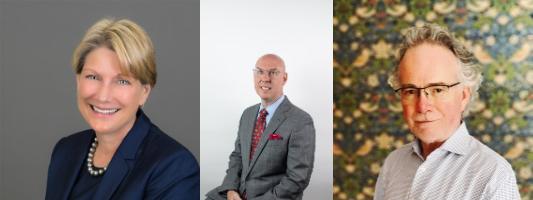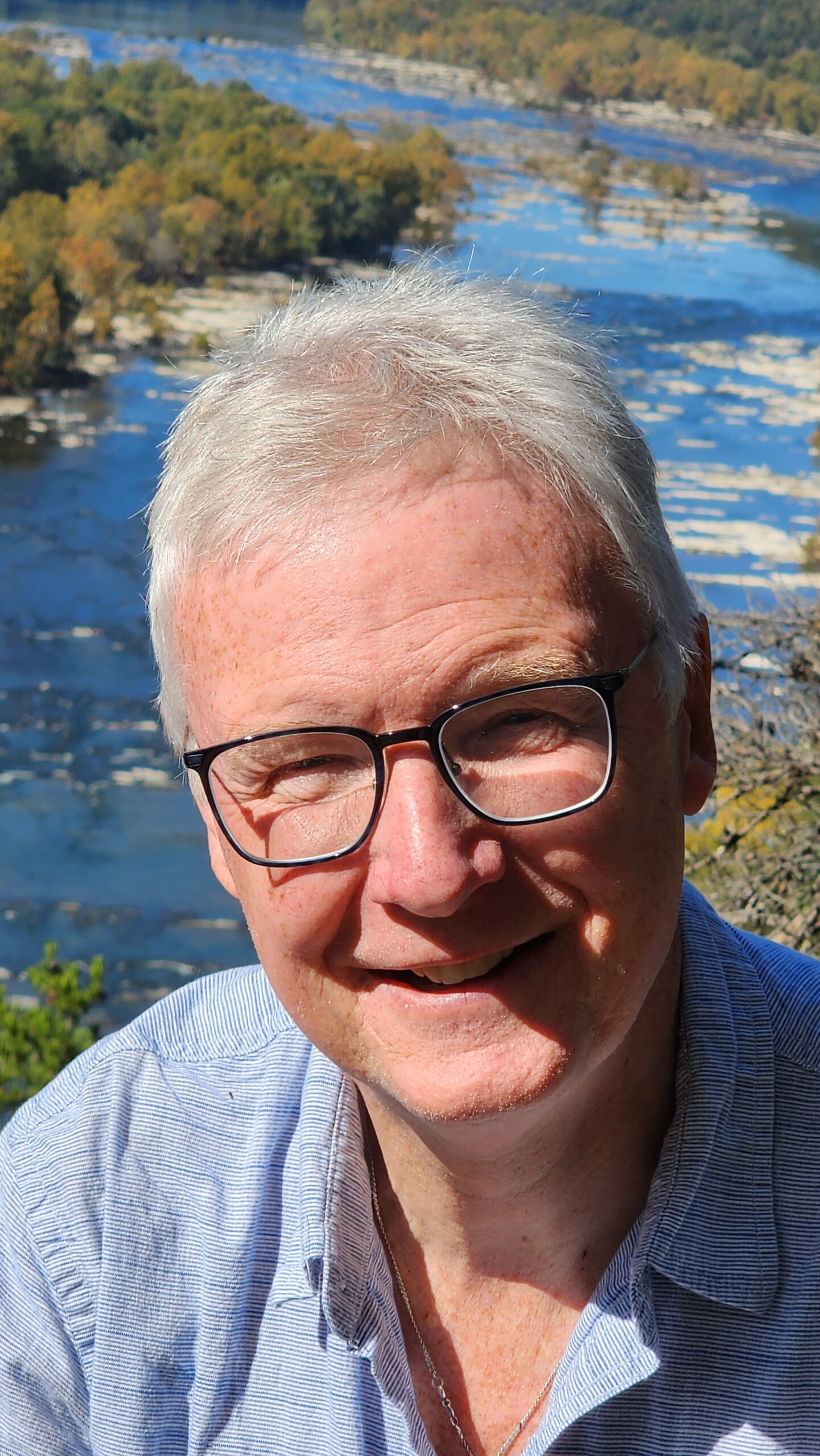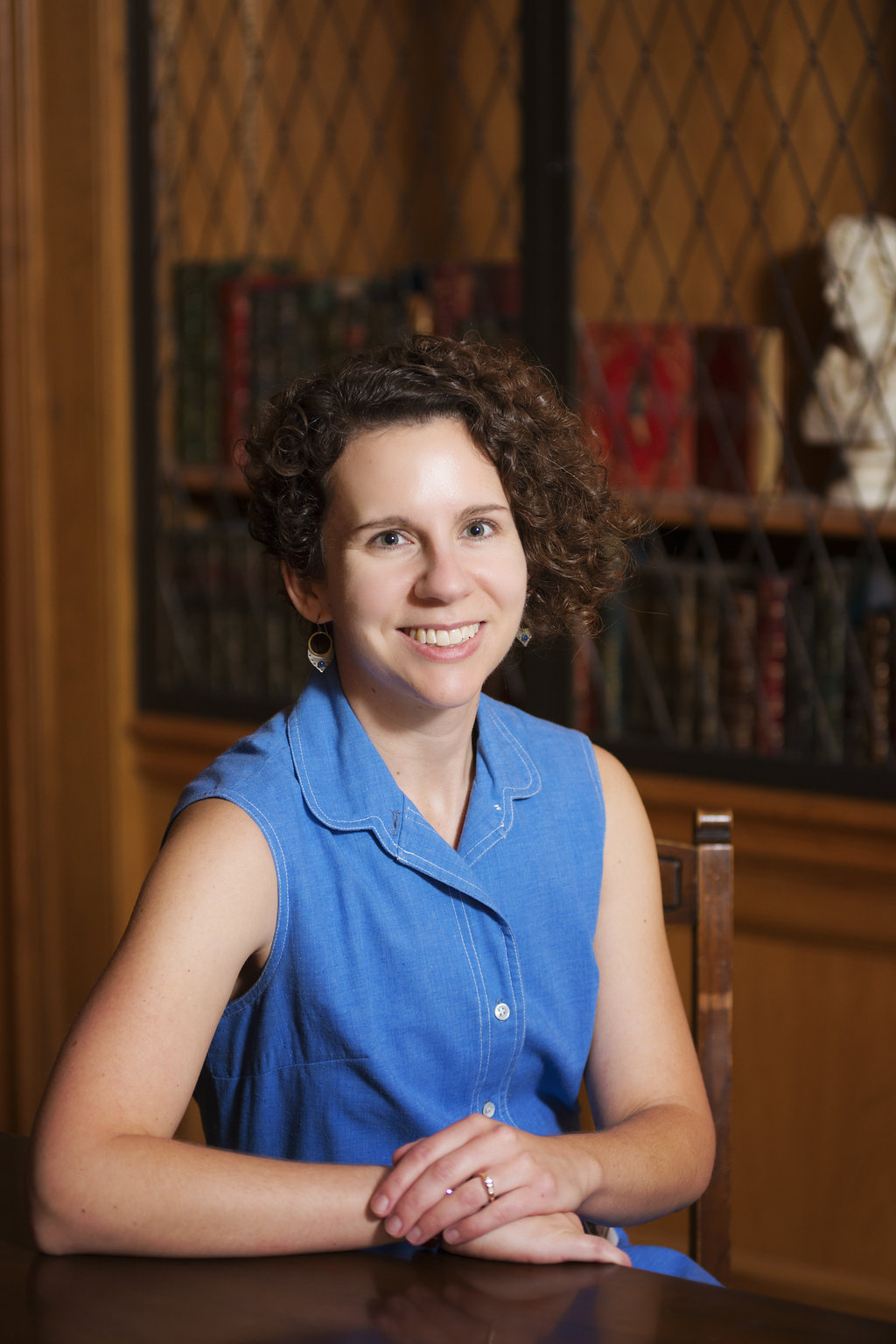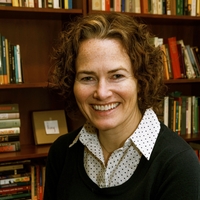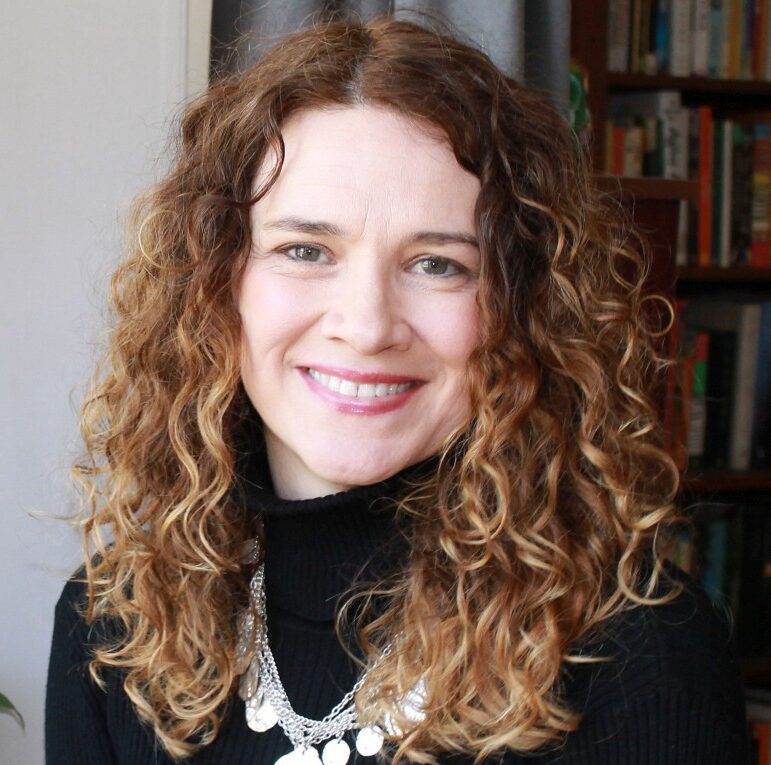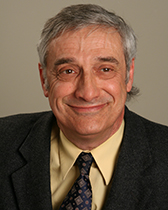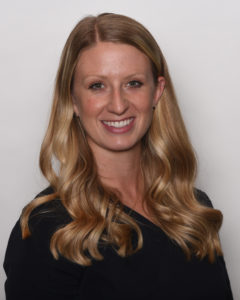Maryann Feldman (Arizona State University), Jason Jolley (Ohio University), and Neill Lane (local entrepreneur)
Maryann Feldman:
Maryann P. Feldman is the Watts Professor of Public Policy and Management at the Watts College of Public Service and Community Solutions at Arizona State University and research director at the Global Center for Technology Transfer.
Professor Feldman chairs the Policy Forum of the Science, Technology and Economic Policy Board of the National Academies of Science, Engineering and Medicine, where she also chairs a congressional mandated assessment of the Small Business Innovation Research (SBIR) program.
She is a senior fellow at Heartland Forward, a nonpartisan “think and do tank” focused on improving economic performance. Feldman serves on the advisory board of the Canadian Institute for Advance Research (CIFAR) global program on Innovation, Equity and the Future of Prosperity. She is a board member of the Ontario Brain Institute. Feldman is an editor of the journal Research Policy, the leading journal in the field of innovation studies.
Professor Feldman was a winner of the Global Award for Entrepreneurship Research for her contributions to the study of the geography of innovation, the commercialization of university research and the role of entrepreneurial activity in the formation of regional industry clusters. Feldman is a prolific and highly cited author. She received the Distinguished Scholar award from the Technology and Innovation Management division of the Academy of Management.
Her recent research focuses on place-based economic development and the factors that promote economic restructuring and resilience.
Jason Jolley:
G. Jason Jolley, Ph.D. serves as Interim Associate Vice President for Research and Creative Activity at Ohio University where he coordinates economic development activities across the university. In his faculty role, he serves as Professor of Rural Economic Development and MPA Director at Ohio University’s Voinovich School of Leadership and Public Service. He also directs the Center for Economic Development and Community Resilience. Prior to joining Ohio University in 2013, Dr. Jolley spent seven years at the University of North Carolina at Chapel Hill in the Kenan Institute/Kenan-Flagler Business School where he co-led the largest state sponsored study of the effectiveness of economic development incentives for the North Carolina General Assembly.
Dr. Jolley has served as principal investigator on over $10 million in sponsored research funding and co-led efforts to secure an additional $2 million in federal funding and $1 million in state funding for regional economic development partners. His portfolio includes funding from the U.S. Economic Development Administration, Appalachian Regional Commission, Small Business Administration, Ohio Governor’s Office of Workforce Transformation, Ohio Department of Mental Health and Addiction Services, and JobsOhio, among others. Dr. Jolley also leads Ohio University portion of the Ohio Economic Development Institute (OEDI), in partnership with the Ohio Economic Development Association (OEDA) and JobsOhio. OEDI provides state level certification to Ohio economic developers.
Neill Lane:
Neill Lane is a successful entrepreneur and start-up CEO. His currently an advisor, board member and angel investor.
He is a founding member of the Athens Ohio Investment Alliance, an angel investor group in Athens, Ohio and an investor member of Queen City Angels in Cincinnati, Ohio Neill currently serves as board chair of My Green Lab, a California not-for-profit that is the world’s leading organization establishing standards and practices for environmental sustainability in laboratories. My Green Lab presented at the 2023 United Nations Climate Change Conference, COP28, and its customers and sponsors include Agilent Technologies, Roche, Amgen, Astra Zeneca, Millipore Sigma and Thermo Fisher Scientific, amongst others.
He also serves on the boards of Impact Laboratories and Voxel Innovations. Impact Laboratories is a newly formed for-profit start-up, which will deliver My Green Labs laboratory certification and ACT product environmental impact labels. Voxel Innovations is an innovator in developing pulsed electrochemical machining technology to its fullest potential.
Neill was the founding CEO of Stirling Ultracold in Athens, Ohio. Under his leadership the company delivered the first environmentally friendly, energy efficient, ultra-low temperature cooling products to customers worldwide. Stirling Ultracold is now an award-winning premium brand; their technology and products have positively changed the entire industry’s approach to sustainable ultra-low freezers. Stirling Ultracold was the first ultra-low freezer brand to receive the ENERGY STAR rating. Neill led four rounds of fundraising as the company established cleantech manufacturing in Appalachian Ohio. Stirling Ultracold’s products played a key role in m-RNA Covid vaccine distribution. In May 2021, the company was acquired by BioLife Solutions (Nasdaq BLFS) in what is thought to be the largest ever Appalachian Ohio regional exit. Institutional investors included TechGrowth Ohio, a pre-seed fund focused on early stage, innovative technology companies, Advantage Capital, and the Ohio Innovation Fund.
During 2008 and 2009, Neill was a co-founder and president of Blight to Bright LLC, a developer of largescale solar installations, and an executive in residence with TechGrowth Ohio.
Previously Neill served for 10 years as CEO of Sunpower Inc in Athens, Ohio. Sunpower developed, manufactured, and licensed Stirling engines and coolers, as well as linear compressors, for applications including solar thermal electric power, household refrigeration, household micro combined heat and power, radioisotope space power and cryogenic refrigeration. Under his leadership the company established its cryocooler manufacturing capability. Licensees include LG Electronics; their class-leading refrigerators use a linear compressor developed with Sunpower. The company’s cryocooler was used by NASA’s Rhessi Program, which completed 16-years of successful operation in 2016. Sunpower was acquired by Ametek (NYSE AME) in 2009.
Earlier in his career he held several engineering leadership and teaching positions. He was born and grew up in Zimbabwe, and he has a degree in mechanical engineering from the University of the Witwatersrand, South Africa.


